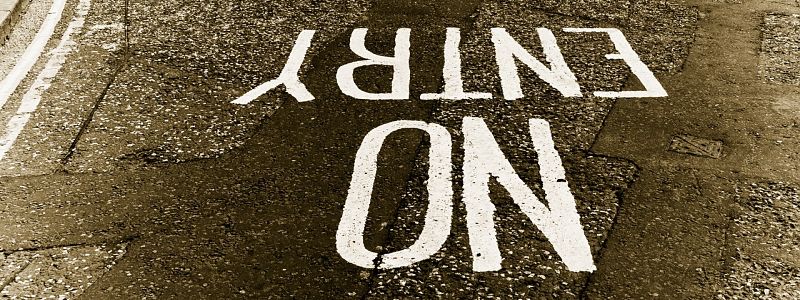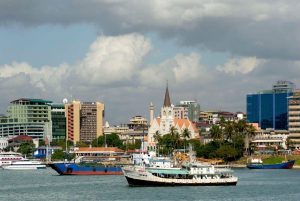The UK last week updated countries on England’s “Red List” amid concerns about the spread of new Covid-19 variants.
Kenya remained on the travel ban list where it was first included in April, triggering a tit-for-tat travel blockade from Nairobi.
The UK travel ban comes amid fears that the highly contagious Covid-19 Delta variant may spark a fourth wave of infections in Kenya over the next two months.
It also signals those reconciliatory talks initiated in mid-April to review the travel restrictions between Kenya and the UK, which threatened bilateral trade, economic and security relations, have not prompted England to downgrade the movement limits.
The UK ban has added weight to the decision of more than 50 countries to deny access to Kenyans in the global race to protect nations against new variants of coronavirus.
In May, Kenya lifted the ban on flights between Nairobi and London and eased restrictions imposed in retaliation to its inclusion in the red list.
The UK has segmented countries into a green, amber and red lists, each carrying different degrees of restrictions for arrivals back into the UK.
A British citizen travelling from a Green List is not required to undergo a mandatory quarantine.
Travellers arriving in the UK from countries on the Red List will be denied entry, while returning Britons must submit to 10 days of mandatory quarantine in hotels.
Kenya has relaxed punitive requirements that it had imposed on British citizens that required them to be isolated for 14 days before they can be admitted to the country.
In mid-June review, the Kenya Civil Aviation Authority (KCAA) said the British nationals and non-citizens travelling through London are required to self-isolate for only seven days.
The UK claims its decisions are based on scientific evidence on the incidence of deadly and highly contagious Covid-19 strains. The rapidly transmissible Covid-19 Delta variant, first identified in India, is dominant in western Kenya, where it was initially detected in the country.
The government-imposed restrictions on movement in the region to try and stem it from spreading nationwide.
Most countries are preparing to sign off on plans for unrestricted travel for people who have had both jabs.
About 1.61 million people have been inoculated so far in Kenya, of which 581,003 got their second doses.
The government expects to receive 13 million Johnson & Johnson vaccine doses from August and targets to inoculate more than 10 million people by the end of December and the entire 26 million adult population by the end of 2022.
Kenya had 192,435 confirmed Covid-19 cases and 3,760 deaths as of July 17, with a positivity rate of 10.5 percent.
The UK decision has delivered yet another devastating blow to tourism not only in Kenya but across the continent. With a number of Middle East and African countries on the Red List, Nairobi has been the last major hub for connecting flights into the UK.
Britain is one of Kenya’s main trading partners and in 2019 accounted for the fourth largest arrivals through Jomo Kenyatta International Airport with 181,400 visitors.
Tourist arrivals from the UK stood at 16,264 in the first half of this year from 42,341 in the same period last year, representing a 62 percent drop.
Besides the UK, Australia, Argentina, Belgium, Cambodia, Canada, Portugal, Denmark, Bulgaria and Singapore top the list of countries that have banned or placed restrictions on holders of Kenyan passports. Others are Hong Kong, Bangladesh, Chile, Czech Republic, Cyprus and Cameroon, which Henley & Partners lists as the only African country to place restrictions on Kenya.
The Henley Passport Index made the revelations showing how the virus has hurt travel.
Source: The East African






